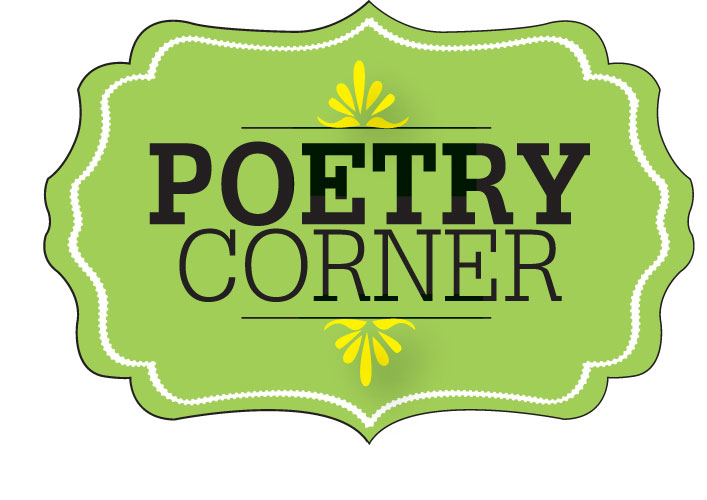By Norah Christianson
Another Poem for Mothers
By Erin Belieu
Mother, I’m trying
to write
a poem to you—
which is how most
poems to mothers must
begin—or, What I’ve wanted
to say, Mother...but we
as children of mothers,
even when mothers ourselves,
cannot bear our poems
to them. Poems to
mothers make us feel
little again. How to describe
that world that mothers spin
and consume and trap
and love us in, that spreads
for years and men and miles?
Those particular hands that could
smooth anything: butter on bread,
cool sheets or weather. It’s
the wonder of them, good or bad,
those mother-hands that pet
and shape and slap,
that sew you together
the pieces of a better house
or life in which you’ll try
to live. Mother,
I’ve done no better
than the others, but for now,
here is your clever failure.
Here’s Mother’s Day, and the country is flooded with Hallmark messages to “the most amazing mom in the entire universe,” “the most incredible mother and role model,” a mother “who always believed in me and inspired me,” and who “supported and guided me through my whole life.”
No offense, but I think that’s all a bit of an exaggeration. (My irreverent opinion.) The mother-child relationship is the most important of all relationships, but, like any relationship, it’s a complicated one—some more complicated than others. I’m a mother, and I know some mothers, and we are mostly not incredible. I’m not, anyway. I have not managed to inspire my kids very much. They’ve turned out wonderfully, but that seems to be largely their own doing. I’ve always tried to guide them, but, in the main, they’ve resisted. They went their own way. They are their own selves, and to their own selves are true, which is perhaps the greatest thing we can hope for them.
Back to mothers. In the poem “Another Poem for Mothers,” Erin Belieu explains how we cannot bear (we cannot bring, and/or we cannot stand) our poems to our mothers because it makes us “feel little again.” And growing up, separating ourselves from our mothers, is our goal from the age of around nine. Mothers are all-powerful. Belieu talks of that mother-power as a power that makes a world, which lasts for years and men and miles, wherein we are loved, certainly, but in which we are we are also trapped and consumed. She speaks of mothers’ capable hands that pet and shape and slap (yes, slap), and which fashion a better life for us. Hopefully, all of that.
Belieu ends the poem by admitting that she’s done no better than other poets in the attempt to write a poem to her mother, but she offers her mother this “clever failure” of a poem “for now.”
Belieu has said this in an interview: “What glorious, enraging, most essential beings mothers are.” Belieu is frank in addressing the contradictions in the mother-child love. Can any of us deny that, in a few instances at least, we’ve been enraged with our mothers—even in our adulthood? And it’s for certain that our mothers have been, here and there, enraged with us. But an offspring will love the mother, and a mother her offspring, almost no matter what.
So here’s to all mothers, with the prayer that we mothers will have done, and are doing, the best we possibly can. And though we all know the truth—that we are not amazingly perfect—it’s lovely to be appreciated, and we’ll not refuse those roses and chocolates and hyperbolic Hallmark cards. It’s good for the economy and, after all is said, real love is unconditional.

Erin Belieu was born in Omaha, Nebraska, on September 25, 1967. Belieu is the author of many books of poetry. She currently teaches in the University of Houston’s MFA/PhD Creative Writing Program.


thanks as always